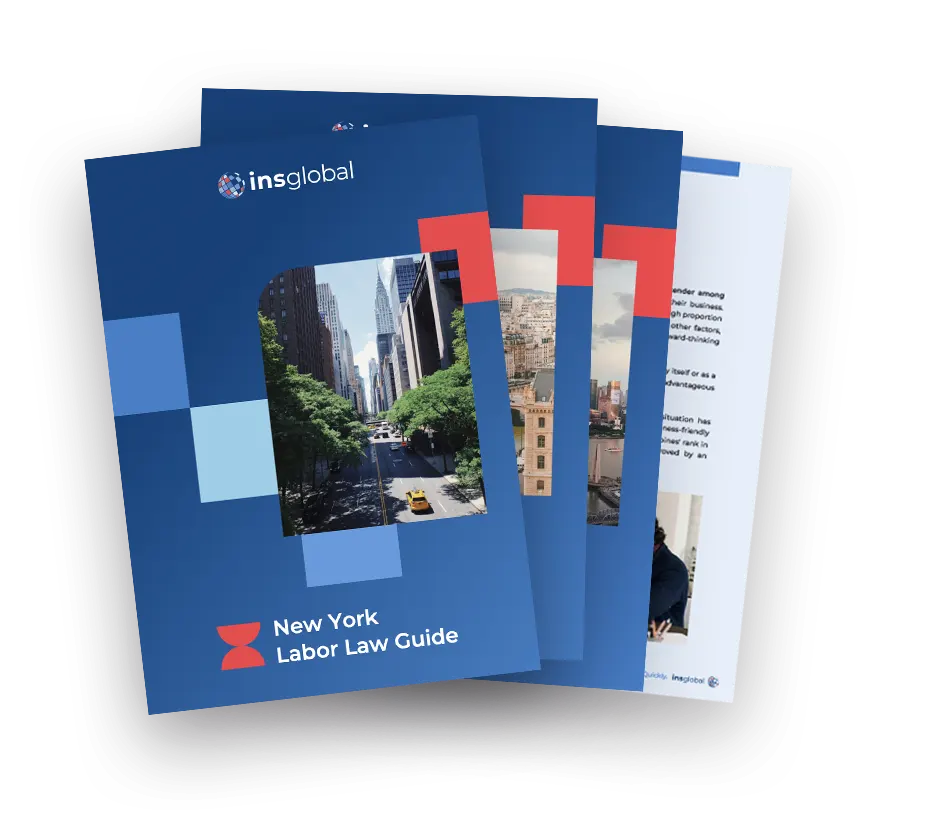Remote work has reshaped the modern employment landscape, with new technologies and a healthy approach to flexible working patterns allowing individuals to work for companies regardless of geographical boundaries. This new frontier has opened up new opportunities for both employers and employees worldwide, including those based in the UK. However, choosing to work remotely for a UK company in another country involves navigating a complex web of legal, tax, and regulatory considerations.
This article provides an in-depth guide on how to work for a UK company remotely, covering the biggest questions on everything from legal points to practical examples of how an Employer of Record (EOR) can ease this process.

Tired of scrolling? Download a PDF version for easier offline reading and sharing with coworkers
Can I Work for a UK Company from Overseas?
Put simply, yes, you can legally work for a UK company remotely from overseas. Many UK companies today are open to hiring international talent as a way to leverage diverse new skills and global perspectives, so options are more available than ever.
However, there are several critical factors to consider before getting started on the journey, including legal requirements, tax differences, and labour regulation complications. When working remotely for a UK company, you may still need to be able to comply with both your country of residence and UK labor laws, depending on how your work contract is created.
Typically, working remotely can mean being hired either as an independent contractor or through an Employer of Record (EOR) service unless your company already has a separate entity set up in your country of residence that can legally hire you.
However, as an independent contractor, you will be expected to manage your taxes and benefits by yourself, and you’ll have to ensure complete compliance with any relevant laws in both countries.
Alternatively, being hired by an EOR service to work for a UK company remotely means your employer has professional partners to handle these aspects, ensuring you and your UK employer adhere to all legal requirements.
How do Employer of Record Services Work?
A global Employer of Record (EOR) is a third-party structure that becomes the official employer of workers on behalf of another company. Whether in the UK or abroad, the EOR handles all employment-related tasks, including payroll, taxes, benefits, and compliance with local labor laws as needed. This arrangement allows companies to hire international employees without establishing a legal entity in the employee’s country of residence.
The EOR service provider manages all HR and labour aspects key for a successful hiring process, including creating the employment contract, ensuring it meets local legal standards, handling employee onboarding, payroll processing, tax withholding, social security contributions, and any other statutory requirements.
For an employee, EOR services provide a seamless employment experience with global reach, allowing everyone to focus on getting to work without worrying about administrative and legal complexities.
Can I Work Remotely for a UK Company Through an EOR?
Yes, working remotely for a UK company through an EOR is a practical approach to avoiding the problems of overseas company incorporation. This setup is particularly advantageous when looking at international employment, as multicounty payroll expertise simplifies the process for both the employer and the employee.
As the local employer, the EOR takes on the legal responsibility of employing the worker, thus ensuring compliance with local laws and regulations.
Equally, this arrangement is ideal for companies looking to expand their global talent pool without the added costs and problems of balancing project budgets with overseas setup expenses.
What Does a Global EOR Cost?
The cost of using an EOR varies depending on the amount and variety of services provided, which may also vary according to the country of employment. Typically, EOR service providers charge a fee based on a percentage of the employee’s salary, which can range from 10% to 20%.
Some EORs might also charge a flat monthly fee per employee, and additional costs may include setup fees, statutory benefits, and any specific compliance requirements in the employee’s country of residence. However, while using an EOR involves costs, it often proves far more cost-effective than setting up a legal entity in a foreign country.
What are the Risks of Choosing to Work for a UK Company Remotely?
There are big risks often associated with choosing to work for a UK company remotely, including:
- Navigating the tax obligations in both your home country and the UK can be complex, and failure to comply can result in fines or legal issues. Both the employee and the employer must adhere to regulations in both the home country and the UK, which can involve complex tax filings and understanding bilateral agreements or tax treaties.
- Employment law compliance becomes much harder as different countries have varying labor laws. UK companies hiring remotely may have business and employment practices that differ from local norms, leading to management and legal needs conflicts.

Are There Limitations On What I Can Do When Working Overseas for a UK Company?
While working overseas for a UK company offers numerous opportunities, there are also limitations and challenges to consider, including:
- Should you be hired as a contractor overseas to avoid local tax and social security responsibilities, misclassification of employment status (e.g., contractor vs. employee) can often lead to legal complications and financial penalties.
- Communication and time zone differences can also pose challenges, as working remotely requires new communication strategies to bridge the gap caused by different working hours and cultural differences. Additionally, working with professional support and technology is crucial to ensure data security and compliance with the UK’s data protection laws (such as GDPR).
- Cultural differences and communication barriers may also impact your work experience, depending on the country you’re working from and the colleagues you may be working with. Therefore, understanding and adapting to the corporate culture while you work for a UK company remotely requires a lot of effort and effective communication skills.
Conclusion – How INS Global Helps Companies Expand Worldwide
INS Global’s Employer of Record solutions provide a comprehensive package solution for companies looking to hire talent worldwide. By acting as the legal employer for UK companies, INS Global handles all employment-related tasks, ensuring compliance with local laws and regulations.
This tailored service simplifies the process of hiring international employees, regardless of company size, allowing businesses to expand their global workforce without establishing a legal entity in each country.
Quick and easy expansion support makes taking part in the growing trend of remote work simple, so speak to an INS Global expansion expert today to see how your employer can access a global talent pool and hire employees abroad, drive innovation, and grow in an increasingly interconnected world.
FAQs
A Specific Example – Can I Live in Spain and Work for a UK Company?
Living in Spain and working for a UK company is a common scenario that offers several benefits for employer and employee, including a desirable lifestyle, strong work-life balance, and low costs of living.
If you work for a UK company while residing in Spain, you must determine your tax residency status, as Spain offers several tax incentives for foreign residents. The UK also has its own tax regulations for those who may wish to work in or move to the UK in the future, though tax treaties between Spain and the UK can help mitigate double taxation issues.
A Specific Example – Can I Work for a UK Company remotely in the UK?
You can work for a UK company remotely while residing in the UK, though this means asking questions about workspaces and compensation.
If you are a legal resident, you must be able to comply with local and employment laws, ensuring that your income tax and National Insurance contributions are correctly handled, whether you’re an employee or a contractor. It’s essential to have a clear employment contract outlining your role, responsibilities, and terms of employment.
Additionally, choosing to work for a UK company remotely does not alter your statutory employment rights, such as entitlement to minimum wage, holiday pay, and sick leave if you stay in the UK.
Employers are also responsible for ensuring a safe working environment, including providing necessary equipment or conducting risk assessments.


COMPARTE